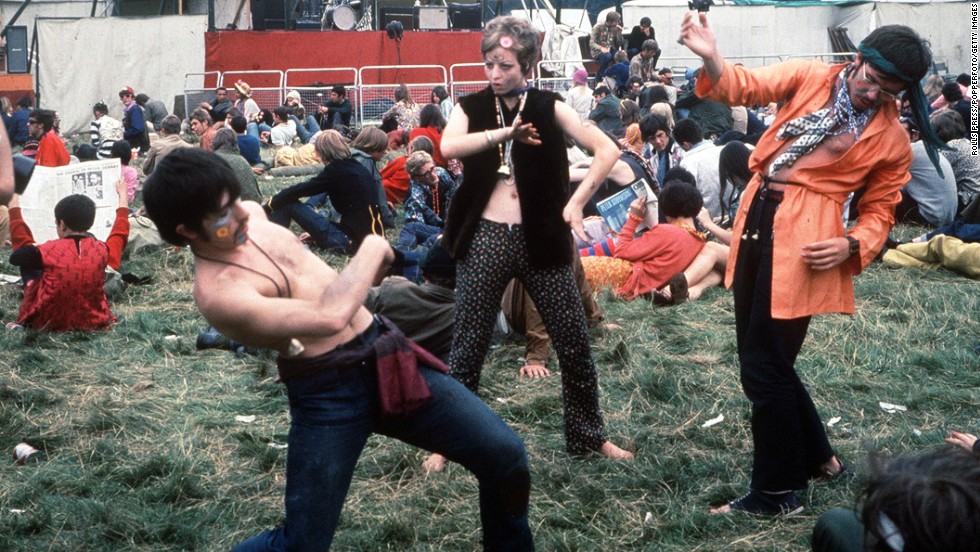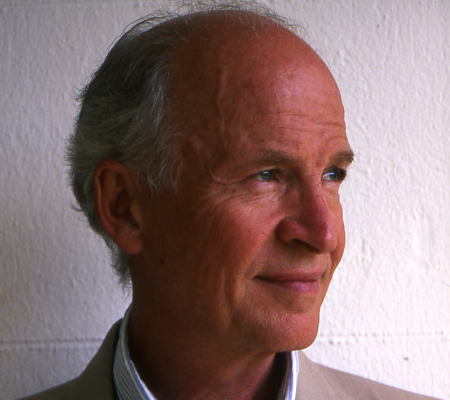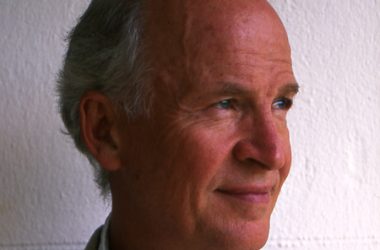By Peter Marshall

Neo-Hippies’ are back, it seems, in fashion. But I suspect many are like ‘neo-capitalists’ with little conscience. Perhaps it is being like Sir Richard Branson with his long hair on his private Caribbean island with ex-President Obama and his wife while travellers on his overcrowded Virgin trains in Britain are forced to sit on the floor in front of toilets. Perhaps it is being ‘rebellious’ like Mick Jagger while possessing millions. Perhaps it is practising ‘sacred commerce’ which implies that one can get mightily rich while being ‘spiritual’ at the same time.
But many people have not entirely abandoned the best ideals of the Hippies of the 1960s. They have taken up their celebration of solidarity, joy, freedom and living lightly on the planet. They have formed communes which try to be voluntary, co-operative, and work the land in common. They are for worker’s control and greater autonomy. They seek to bring up children together in a libertarian way in the city and the countryside. They try to practice sexual and racial equality and not to dominate each other.
And, yes, some have even turned their back on ‘conventional’ society. They try to live closer to the earth and seas and yet participate in the wider community. They do not forget their ideals. They become vegetarian or vegan and attempt to widen the sphere of freedom for all beings. They avoid the mad rush of much modern life in Western society, preferring slow organic food which does not ruin the land or empty the seas, slow life and work, slow cooking and slow eating. As the ‘supertramp’ poet W.H. Davies once wrote:
What is this life if, full of care,
We have no time to stand and stare.
One way to rebel against a so-called ‘hippy’ upbringing is to reject it entirely and become desperately conventional. But this is like the general son’s turning himself into a pacifist or an atheist’s daughter becoming a minister. I believe one should go beyond mere reaction and seek to feel, think and act independently for oneself and others. One can reject the ‘bad’ but take up the ‘good’ of one’s upbringing.
I suspect many ‘neo-Hippies’ are making now anarcissistic lifestyle choice, being personally calmer and close to the earth, as some original hippies were, but not wanting genuinely to change society and culture and form a new relationship with nature.
Another way is to take up the 60s’ rejection of materialism and consumerism and apply it to a wider sphere. ‘Flower power’ is preferable to brutal power and it is generally better to make tender love than organized warfare. Property, rather than possession for one’s own needs, is indeed a form of ‘theft’ if it is based on the exploitation of others and prevents the fair distribution of wealth. Again, government is generally bad for you if it blocks the realization of participatory democracy, of people running their own affairs in their own regions and linking up with others to the benefit of all.
Incidentally, I would never describe myself purely as a ‘hippy’ of the 60s, especially those hippies intent only on personal pleasure and liberation, egotistically ‘doing their own thing’. I am not to be dismissed as an ‘old Hippie’. But I have developed many of their values such as loosening unnecessary restrictions, rejecting domination and hierarchy, and celebrating communal solidarity and the joy of freedom. It involves a new way of libertarian and experimental living, applying such values to the individual, society and the planet as a whole.
Fortunately, I know many young people who are not merely cynical or ironic but reject the dominant materialism and consumerism, the dehumanizing aspects of modern technology, and the widespread governmental surveillance and authoritarianism. They would instead like to participate in a more free, equal and ecological society.
None of us are perfect, we all have our contradictions, but at least some try to aspire to a better world and hope that they can pass on the torch of truth and justice, which has been kept alive in the past but is dimming in the present, to future generations to nurture and rekindle.





